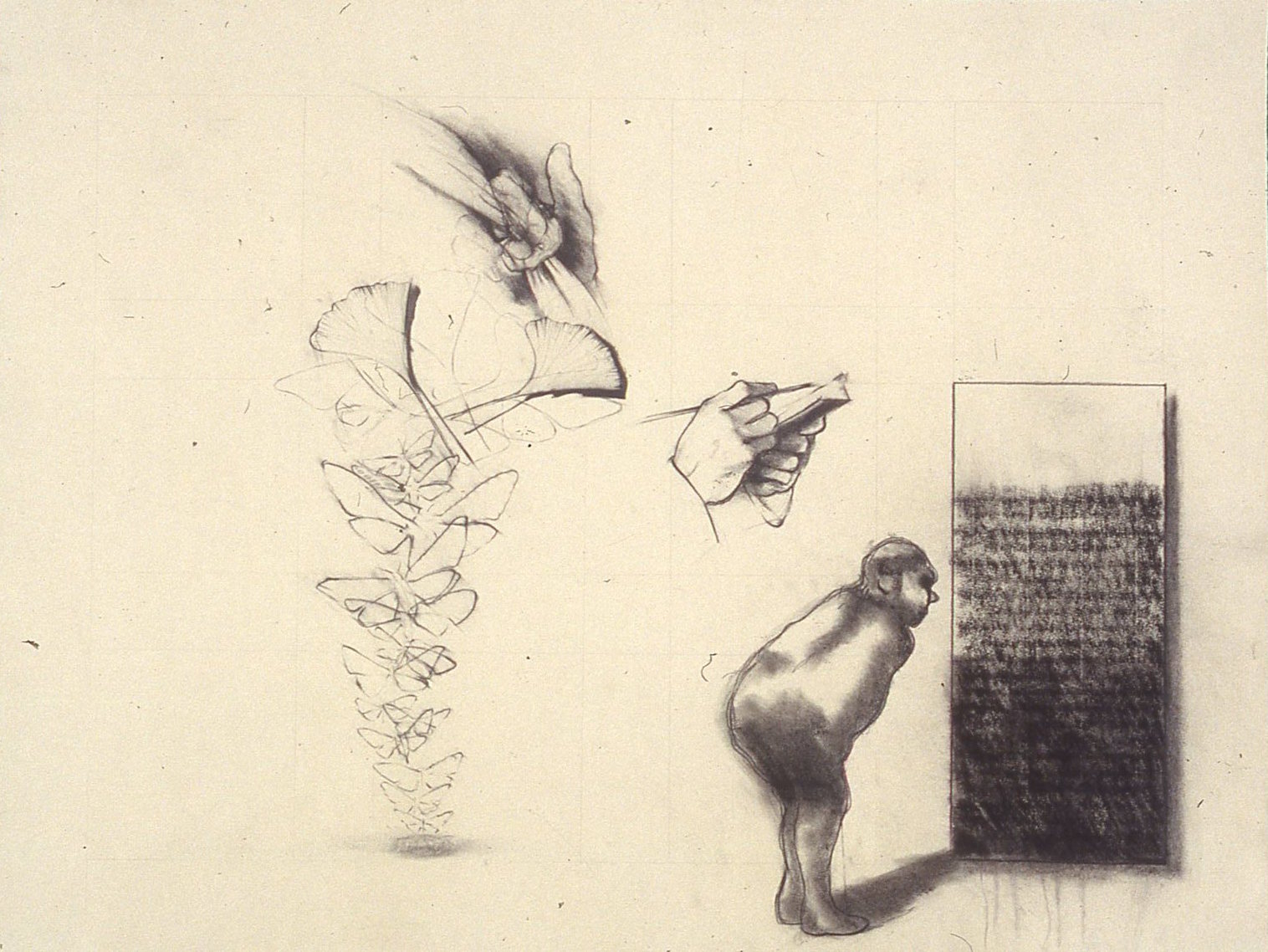e p i t a p h
I had the conversation with my spouse.
My husband had Stage IV prostate cancer for 5 years. He died February 4, 2014 from a rarer metastatic secondary cancer he’d battled for 6 months, a cancer that consumed his liver, his mind, and left him a bruised mess, full of morphine, and speechless as he left us. His last 2 physical acts were a sigh and a squeeze to my hand.
He died in his own bed, in his sun-filled bedroom. He went quickly, having stopped teaching only a week before. A writer and teacher, he had mind and language until nearly the end, but of course not nearly as long as we who loved him wished.
No death is idyllic. His death was a clock-stopping goodbye at one moment, an accelerated multitasking frenzy the next.
But we’d had the conversation. And we had revisited that conversation to edit it, enhance it, strengthen it.
I knew how my husband wanted to die, and I did my damnedest to respect and realize his wishes. When the perfect storm came, we weren’t ready, but we were on the same page. And that page was, ultimately, his to write – not mine, not our friends, not even his doctor.
He’s dead and I miss him so. We had 34 good and bad years, and I, in hindsight, accept and embrace those years. His engagement with his death, and his acceptance of it, and of my role as the guardian of his wishes, continues to give me strength. There’s a hole in my heart, as my mother said when she lost my father to cancer. But my husband and I dug that hole together, as best we could, to fit him.
I urge others to have the conversation. Start early, incrementally. Don’t be afraid to amend, assess, revisit it. Like all conversations, it’s not the product but the process that’s the thing, the listening and replies, the voices of love and fear and inevitability that need to be heard.

